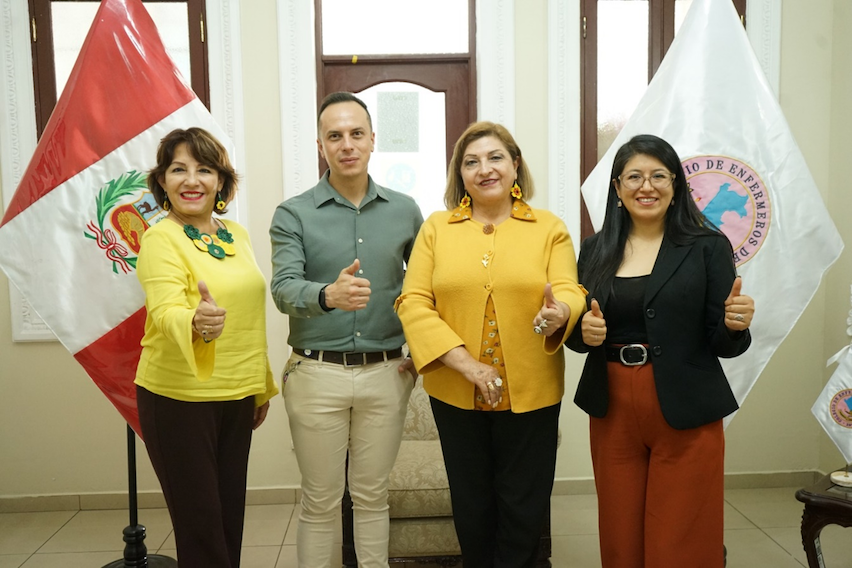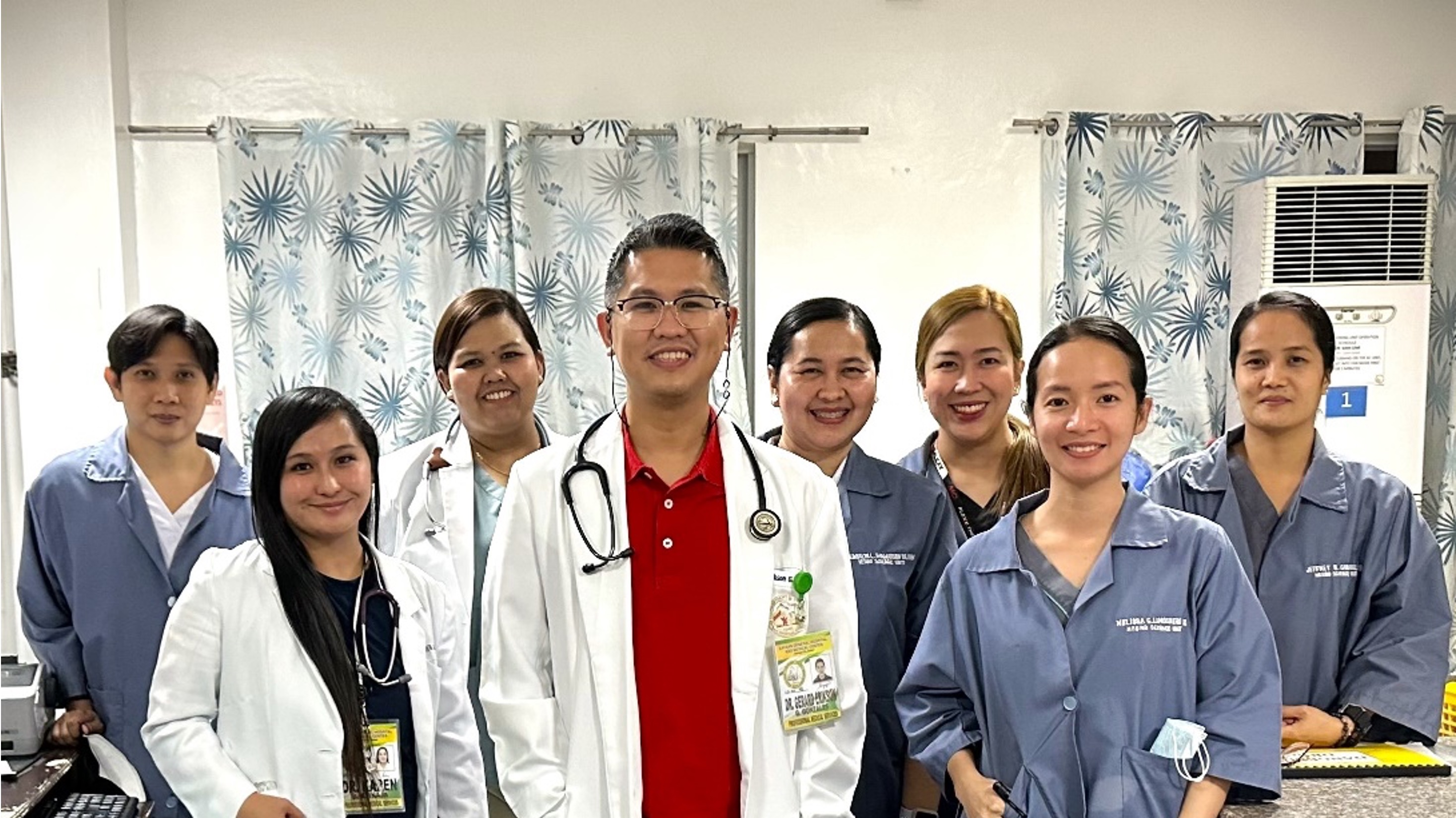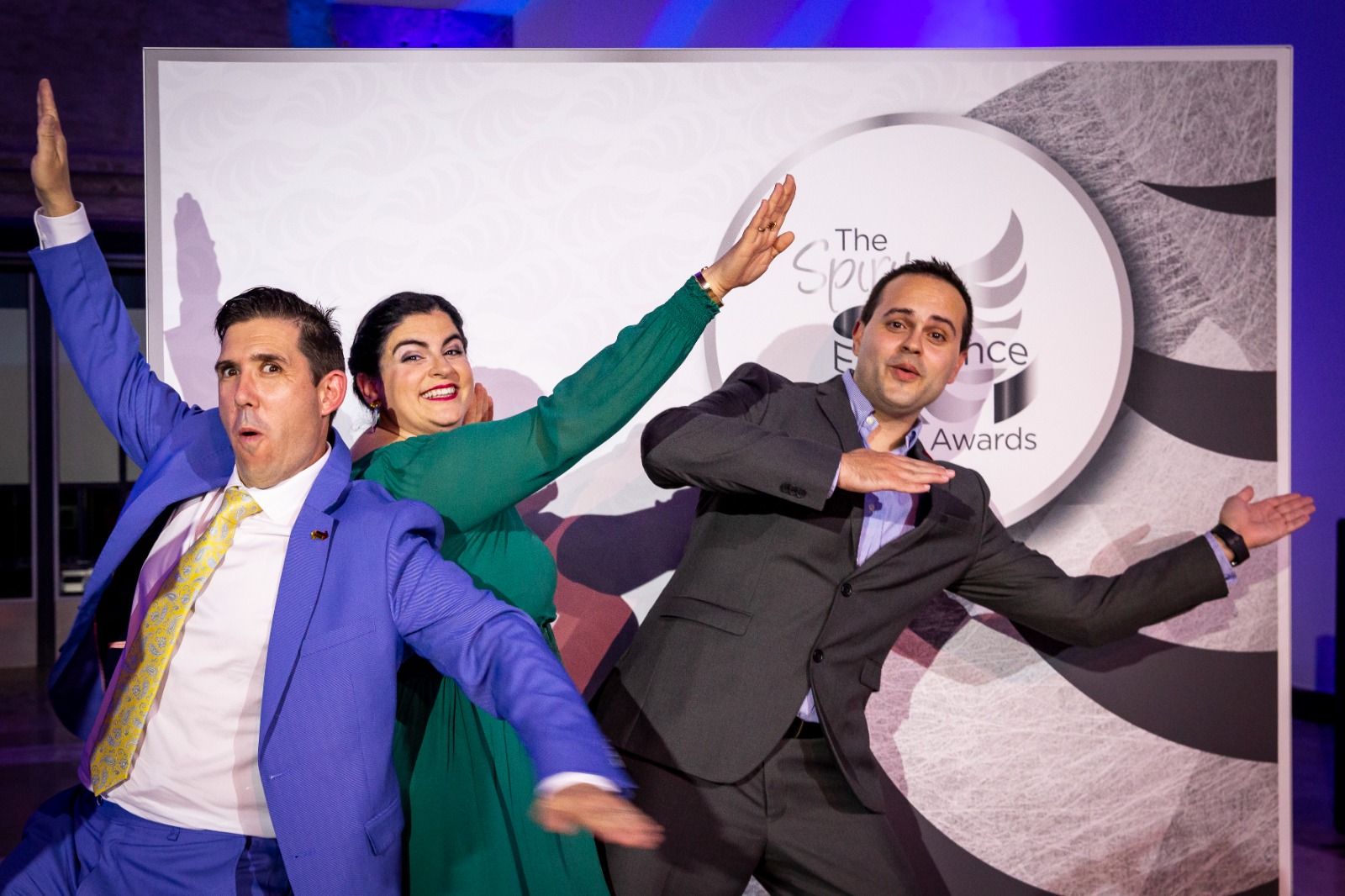
ІТ — це рідкісне і майже нестерпне задоволення від зустрічі з кимось, хто повністю задоволений своїм життям. Той, хто дійсно, дійсно любить свою роботу і знає, що саме там, де вони призначені.
«Я щаслива жінка, — говорить Альмудена Фернандес, Медична сестра/медичний брат неврологія, яка втілює вимогу Малаги стати найщасливішим містом у світі. — Її життя стало ще веселішим з того часу, як вона стала матір'ю з трьох: двох хлопців віком чотири і два роки і трирічного проекту під назвою Флеша, який вона називає «яблуком мого ока».
Ця третя дитина демонструє кожну ознаку того, що вона стала надмірною, починаючи з внутрішнього призначення для капітального ремонту протоколів інсультне відділення, і тепер вона готова революційно надавати медичну допомогу сестринська справа інсульт в лікарнях по всьому світу.
Це результат процесу, який розпочався у 2018 році, коли Алмудена та її колеги Серхіо Гонзалез-Роман та Елваро Лопес були відібрані
їхньому керівнику Луїзі Вергара переглянути протоколи та клінічні шляхи у нещодавно відремонтованому інсультне відділення Обласної університетської лікарні Малаги. Існуючі протоколи використовувалися довго і рідко. Крім того, практика лікарні обертання медсестер через інсультне відділення та палату неврологія підкреслила необхідність у простому, доступному наборі процедур для виявлення потреб пацієнт та забезпечення послідовної, доказової допомоги.
Луїза Вергара знала, що вона робила, коли обрала свою команду. З її інфекційним ентузіазмом була Альмудена, пристрасть до поширення знань і здатність мріяти про великі. Серхіо, природний лідер і досвідчений організатор, який має здатність Медична сестра/медичний брат ідеї в реальності, дещо обережний і логічний мислитель із подарунком технології.
Це були їхні суперсили, Серджіо спостерігає за унікальними здібностями кожного члена команди. «Алваро — це аналітичний, Альмудена — серце». У них була така загальна мотивація, яка перетворила завдання в місію та місію на Проекто Флешу.
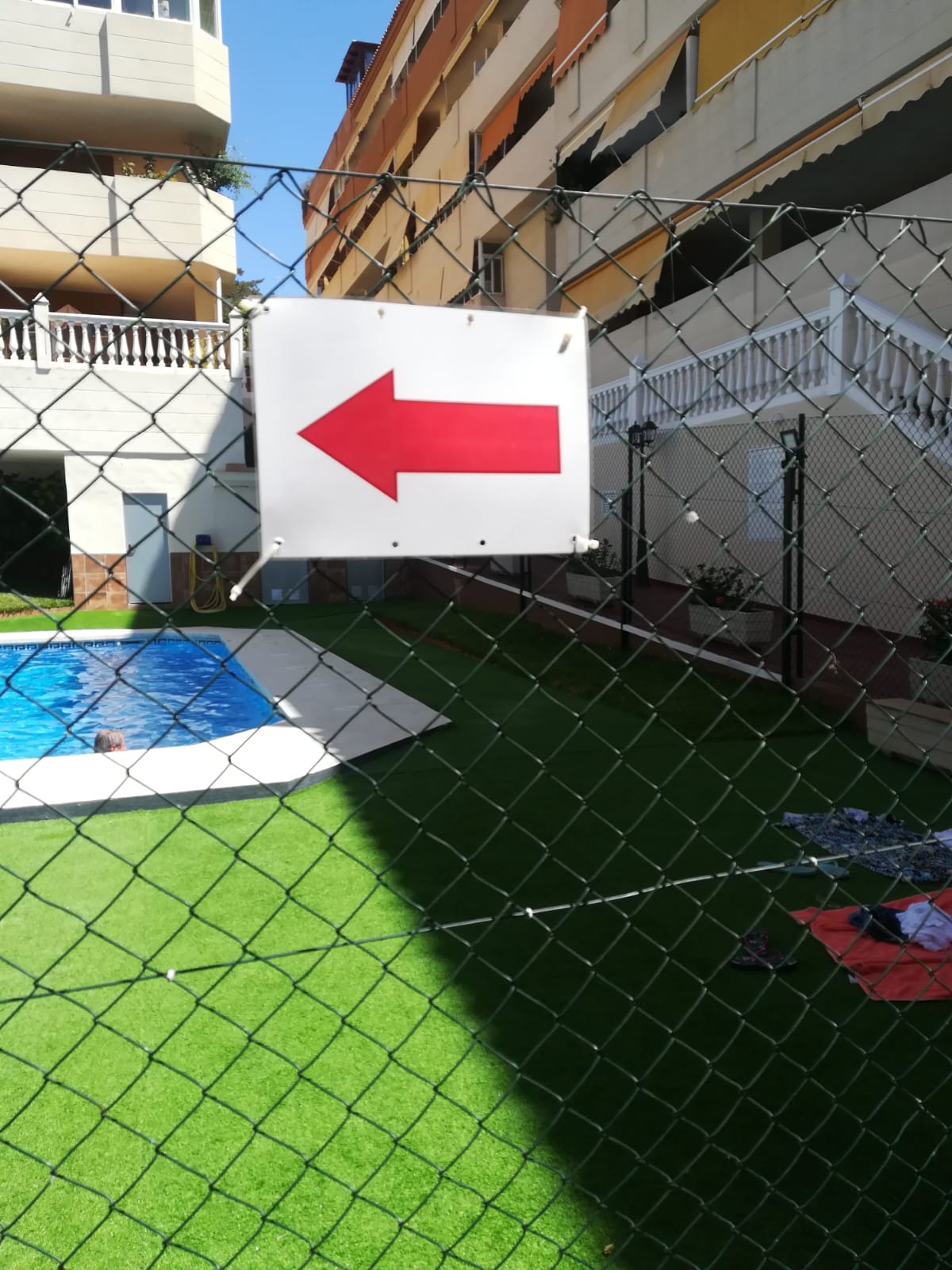
Стрілка, яка спрямована на відновлення
Proyecto Flecha стандартизує догляд після гострий інсульт за допомогою системи зі стрілками з кольоровим кодуванням, які розміщуються у верхній частині ліжка кожного пацієнт до
допомагати лікарям, медсестрам і навіть носильникам легко визначати тип інсульт та ураженої сторони, а також за допомогою подробиць доступу до QR-коду протоколів лікування для кожного дня, таких як дисфагія, глікемію та лихоманку.
Перша візуальна підказка - це колір стрілки - червоний для геморагічного інсульт, жовтий для ішемічний інсульт, зелений для субарахноїдальний крововилив і синій для процедур ангіопластики після інсульт.
Другий підказка — це напрямок стрілки, який вказує на уражену сторону, тому навіть працівники, які щойно прийшли на роботу, будуть знати, на якій стороні розмістити манжету для вимірювання артеріальний тиск та внутрішньовенну лінію, де прикріпити пульсоксиметр для вимірювання рівня кисню в крові, як підійти до мобілізації пацієнт та яка сторона є оптимальною для пацієнтів, чиї можливості зв’язку порушені.
Серхіо пояснює: «Ця стрілка виконує кілька важливих функцій. По-перше, завдяки своєму кольору він візуально визначає тип інсульт, який лікується. Його напрямок вказує на уражену ділянку, від точки початку інсульт в головному мозку до фізичних наслідків, які можуть бути присутніми у пацієнт. Він керує лікуванням, яке слід проводити, виходячи з недоліків пацієнт, що охоплюють такі аспекти, як харчування, мобільність та комунікація. Нарешті, проект сприяє ранній реабілітація, надаючи підтримку як медичним працівникам, так і родині».
Супергерої Луїзи Вергари не думали про стрілку в перший день. Вони витратили багато часу на розмову та слухання з метою досягнення простої та практичної моделі для покращення та стандартизації догляду. Потім, одного вечора після роботи, Серхіо відправився на плавання в басейні в своїй багатоквартирній будівлі, де його око помітила червона стрілка, яка вказує на розташування кімнати для зміни. Він зробив фотографію та поділився нею з Алмуденою та Олваро в групі WhatsApp. Потім супергерої пішли на роботу.
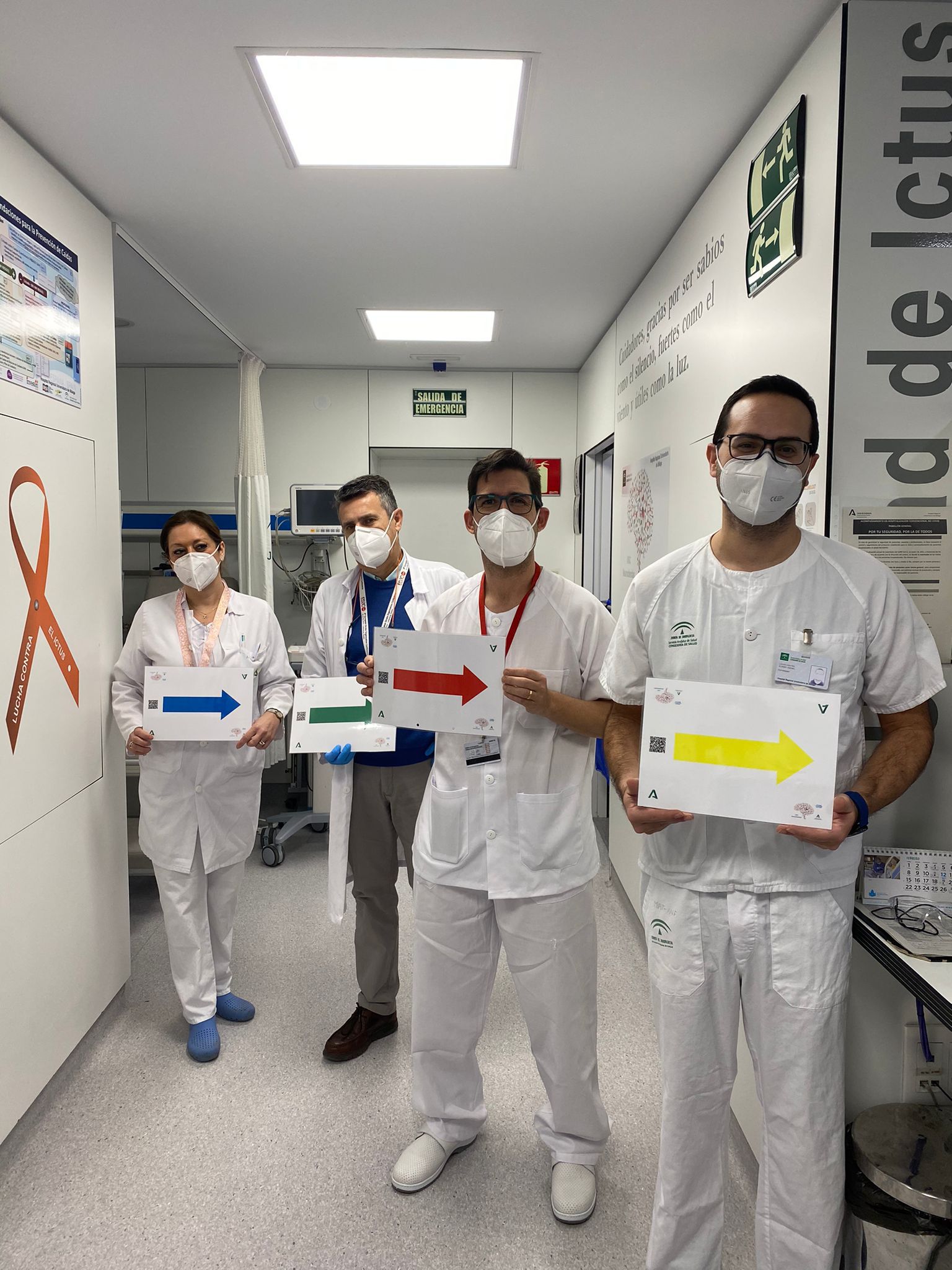
Ця робота є найкращою у світі
Серхіо виріс із зацікавленістю у охорона здоров'я, а його академічний запис припустив, що він був призначений лікарем. Однак він зрозумів, що хоче працювати безпосередньо з пацієнтами, і його перша практична сесія в школі сестринська справа догляду вилучила всі сумніви: «Я зрозумів, що я маю бути Медична сестра/медичний брат».
Він також хотів дослідити світ за межами Іспанії та зрозуміти різні реалії, тому після закінчення навчання в Італії він працював патронажною Медична сестра/медичний брат. Потім приєднавшись до міжнародної гуманітарної організації, він познайомився зі світом, що розвивається, і його дружиною в майбутньому. Пілар збирався переїхати до Чаду в Центральній Африці на чотири роки, щоб працювати над проектом для бездомних дітей. Серхіо приєднався до неї, переконавшись, що це може переконати її повернутися раніше.
Коли вони нарешті повернулися в Іспанію, він уклав тимчасовий контракт з Медична сестра/медичний брат неврологія та знайшов свою нішу.
«Інсульт сестринська справа дозволяє йому тісно співпрацювати з пацієнт та його родиною, надаючи спеціальну сестринська справа допомогу, яка впливає на результати», — каже він. «Ці пацієнти крихкі, їхнє життя змінилося, є величезна відповідальність за те, щоб допомогти їм відновити найкраще життя».
Індексолваро був механіком мотора, але передумав в останню хвилину. «Я прийняв рішення спробувати «фіксувати» людей замість автомобілів. З 2007 року я працювала в багатьох різних службах, але з 2016 року, коли почала працювати в неврологія, я була в тому, що я вважаю своєю робочою родиною. Я маю фантастичних колег і безмежно вдячна своєму керівникові Луїзі, яка за контрактом тримала мене поруч із нею, оскільки бачила потенціал у мене. Завдяки можливостям, які вона мені дала, я змогла розвинути хороший рівень інсультний догляд».
Його знання про інсульт, поглиблені дослідженнями під час розробки Проекто Флеші, змінили ситуацію, коли його батько нещодавно переніс складний і значний мозочковий інсульт. Цей тип інсульт, як правило, має нечіткі симптоми, але після телефонного дзвінка γlvaro зміг виявити ймовірність інсульт та попередити невролог про те, що він працює.
Як і двоє її колег, Альмудена «знайшла свого пацієнт», коли після багатьох років роботи у відділі критичної допомоги її було призначено до відділення неврологія догляду та інсультне відділення.
«Ця робота є найкращою у світі», — каже вона. «Це людина, це наукова, ви щодня багато вчитеся. Кожна людина по-різному. Це може бути та сама патологія, але інший пацієнт. Вона навчає вас жити».
Завдяки реваскуляризаційній терапії інсультне відділення став місцем, де відбуваються чудеса, — каже вона. Обертання між палатами означає пацієнт, який був критично хворий, коли його було прийнято, може піднятися і приблизно на той час, коли ви повернетеся до зміни у інсультне відділення через два дні. «Це чарівно для мене», — говорить Альмудена. «Це причина, чому я її люблю».
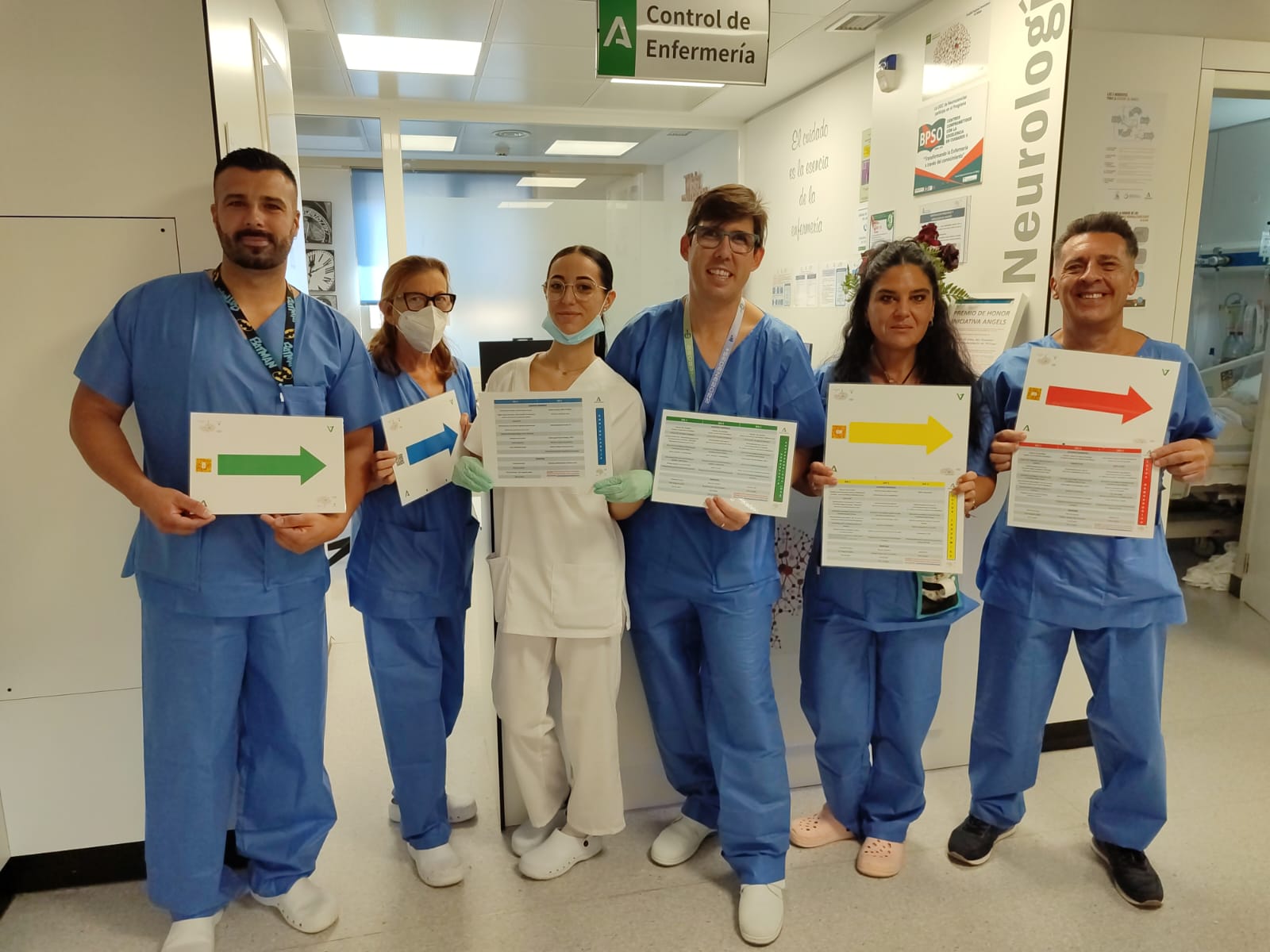
Стрілка летить
Приблизно через рік після того, як Серхіо звільнився, команда Proyecto Flecha представила свою концепцію мультидисциплінарній команді Обласної університетської лікарні Малаги. «Люди були щасливі, їм сподобалося, вони вважали, що це гарна ідея», — каже Серхіо. Коментарі та пропозиції від неврологів, фізіотерапевтів та терапевтів-доповідачів додали цінності та були причиною, говорить Серхіо, чому Проекто Флеха був «так повним», коли він був офіційно запущений у 2020 році.
З того часу багато чого сталося протягом трьох років.
Серхіо став членом Керівного комітету андалузьких медсестер, якого консультант Angels Алісія Арджона заснувала з метою стандартизації сестринська справа за хворими на інсульт в регіоні. Він також займав стратегічну роль в Іспанському товаристві неврологічного сестринського догляду, SEDENE.
Стрілка заробила репутацію символу фертильності, коли кожен член команди Proyecto Flecha мав другу дитину. Незважаючи на те, що у Вас більше обов’язків по догляду за дітьми вдома, команда Proyecto Flecha співпрацювала з Університетом Малаги та Інститутом біомедичних досліджень Málaga Biomedical Research Insitute (IBIMA) для отримання підтвердження свого проекту в рамках дослідження FLECHA-IMPACT.
У травні 2023 року тріо було відзначено в Мюнхені, де номінація на нагорода ESO Spirit of Excellence визнала їх винятковий внесок у підвищення стандарту інсультний догляд.
Але найголовніше, що Проекто Флеча почала поширюватися на лікарні за межами Малаги. Він добре подорожував. Як описує Серхіо, цей проект був «живим і постійно рухаючись, збагачуючись внесками інших фахівців у різні лікарні після його реалізації». До жовтня 2023 року були стрілки, що вказують на покращення догляду в інсульт відділеннях ще п'яти лікарень Андалузії та Мадрида, з впровадженням ще на 13.
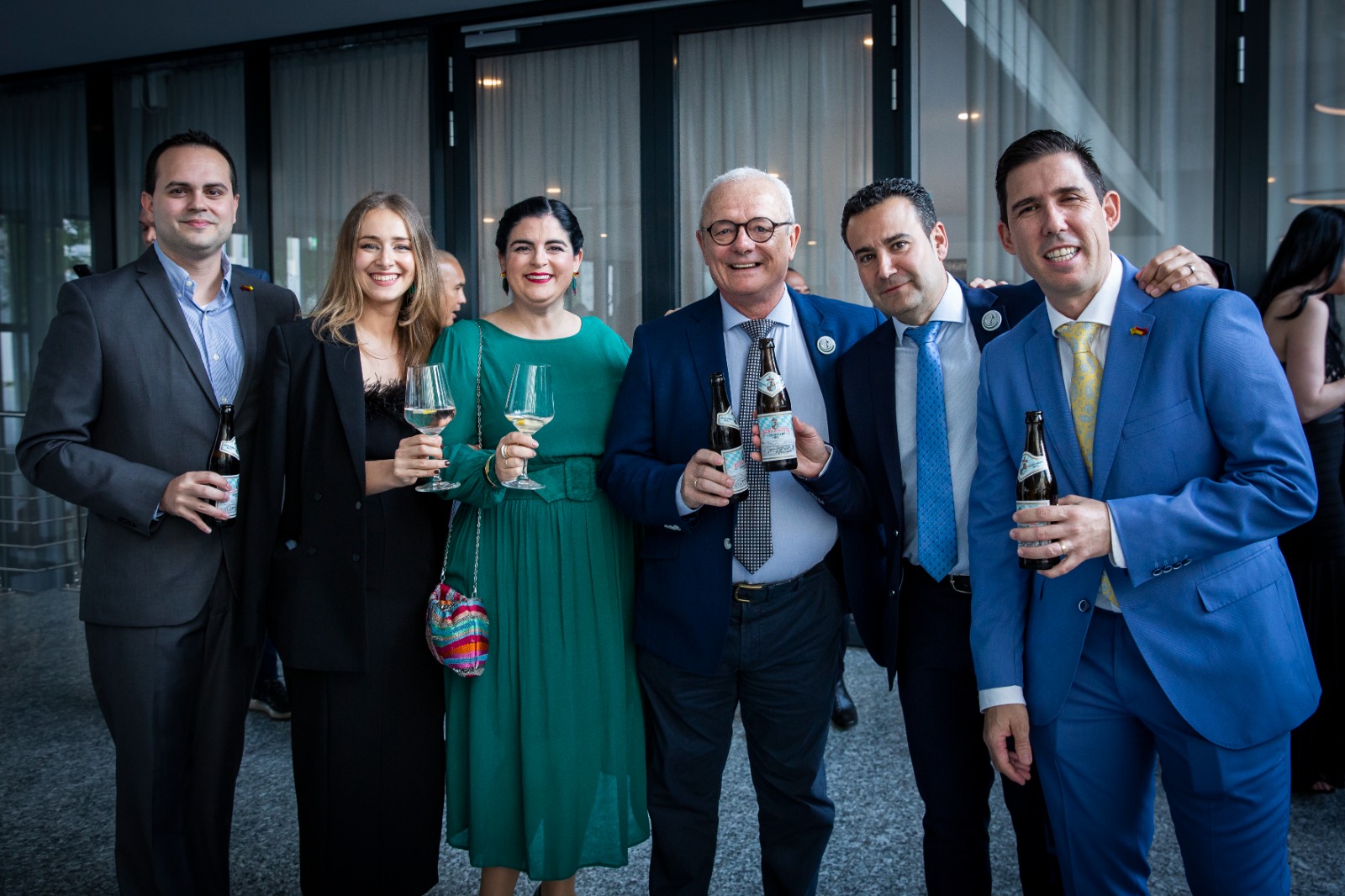
Ви абсолютно пишаєтеся
Але траєкторія стрілки ще не завершена, оскільки Ініціатива Angels знаходиться в процесі адаптації моделі, яку буде розгорнуто в лікарнях по всьому світу.
Йому подобаються втручання, які унеможливлюють виконання невірних дій, — говорить Ян ван дер Мерве, — світовий лідер проекту Angels. «Проект зі стрілкою належить до тієї ж категорії, що й пакет для інсульт Angels та випробування з метою догляду. Якщо ви використовуєте його так, як повинні, ви просто не можете зробити помилку».
Проекто Флеха особливо цінний у ситуаціях, коли пацієнтів не лікують у спеціальних інсульт одиницях, — говорить Ян. «Пацієнт пацієнт з інсультне відділення має хороші шанси отримати лікування відповідно до вказівок. Але для пацієнт із інсультом у палаті неврологія або у відділенні інтенсивної терапії, або де багато різних людей беруть участь у догляді, стрілка стає «малою» річчю, яка має велике значення. Це рятує життя».
Думка про свою маленьку сестринська справа команду, яка має такий значний вплив, дає їй гузебумпи, — каже Альмудена. «Все навколо Проекто Флече неймовірне. Усі задоволені цим, і ти абсолютно пишаєшся».
Він ніколи не уявляв, що так багато фантастичних подій станеться, — каже пані Елваро. Проект розпочався досить просто. «У нас була спільна мета, яка полягала в покращенні догляду за пацієнт із інсультом, полегшенні доступу до інформації та униканні ускладнень, випереджаючи проблеми. Я думаю, що все ще не зрозумів масштаб всього цього, і зміни, які він може змінити в житті багатьох людей по всьому світу».
Для тих, хто любить «роботувати в тіні», увага та визнання вимагали певного налаштування. «Відтоді, як ми почали працювати з Алісією та Ініціатива Angels , я почувалася перевантаженою добре», — каже він.
Єдина критика, яку цей проект отримав до 2030 року, була отримана від невролог, який посилається на План дій щодо інсульту для Європи (SAPE), його цілі включають лікування 90 відсотків пацієнтів із інсульт у виділених одиницях інсульт. Запроваджуючи стандартизований інсультний догляд у внутрішній медицині та палатах загального призначення, проєкт зі стрілкою поставив під загрозу цю мету, змусивши більше одиниць інсульт здаватися застарілими, — запропонував невролог.
Але це заперечення лише підкреслює важливість стандартизації, — вважає Серхіо. Більша кількість одиниць інсульт в кінцевому рахунку розширить стандартизований догляд по всій Європі, але пацієнт, який страждає на інсульт сьогодні або завтра, не може дозволити собі чекати ще сім років. Ці пацієнти можуть бути зобов’язані своїм життям стрілці, яка націлена на їх одужання.


